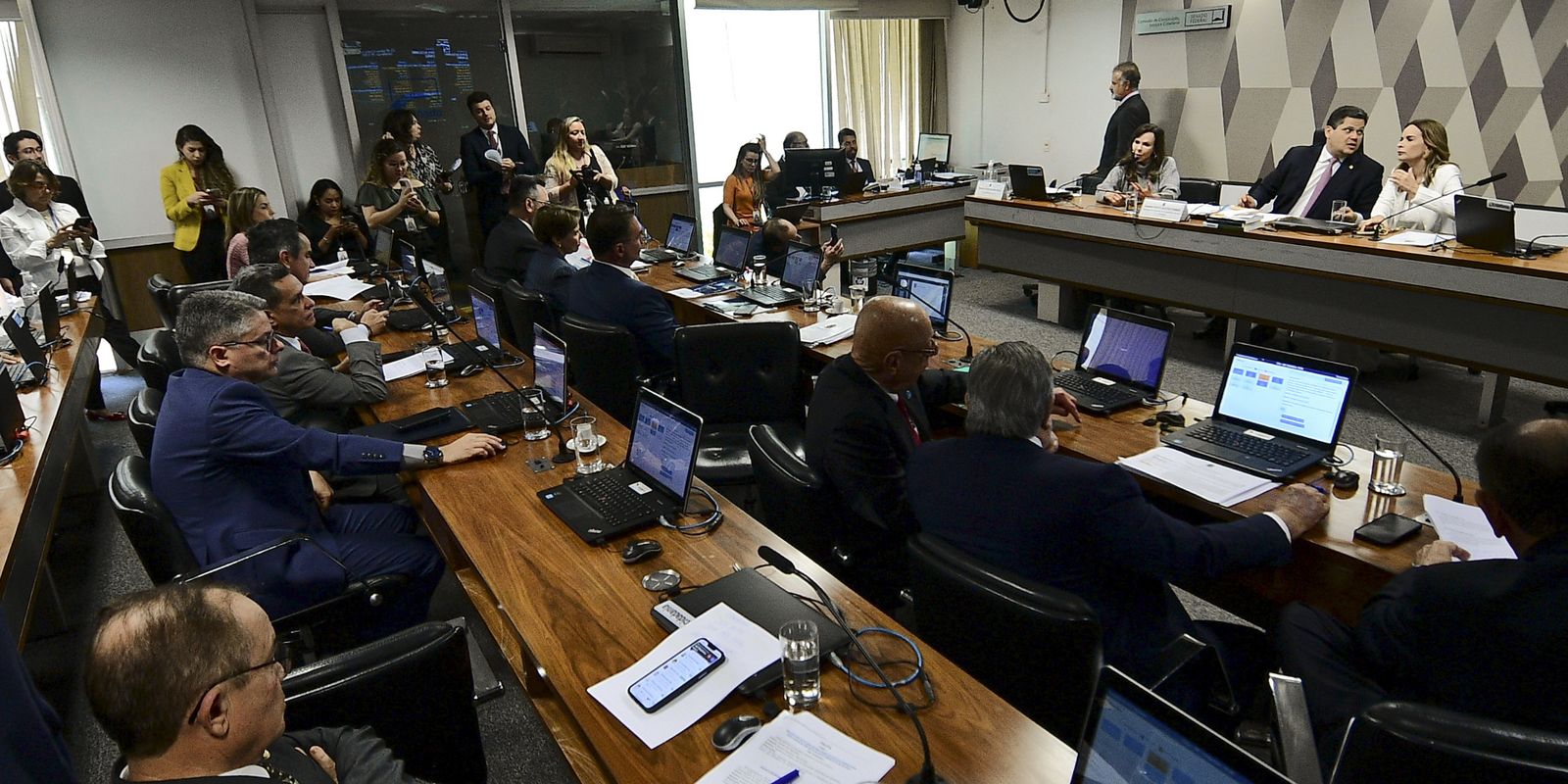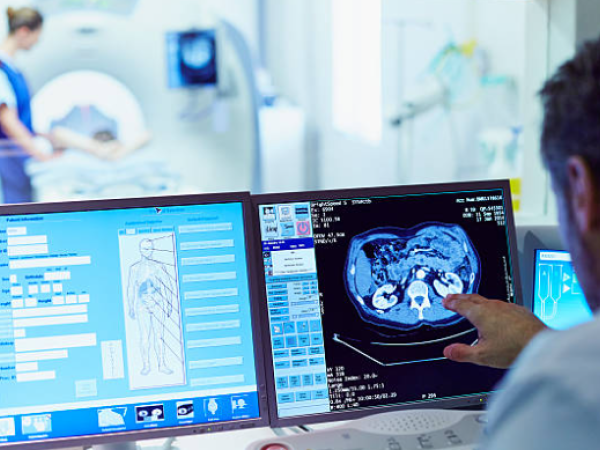The Senate’s Constitution and Justice Committee (CCJ) unanimously approved the Bill 226/2024 which establishes criteria for assessing the dangerousness of the agent, generating risks to public order, for the purpose of ordering preventive detention.
Preventive detention, which has no time limit, is ordered before the investigation and trial are concluded, when the accused poses a risk to public safety.
The new text includes in article 312 of the Code of Criminal Procedure more criteria that must be observed by the judge to order preventive detention: I – the modus operandi, including the repeated use of violence or serious threat to the person or the agent’s premeditation to commit the crime; II – participation in a criminal organization; III – the nature, quantity and variety of drugs, weapons or ammunition seized; IV – the well-founded fear of repeating the crime, including in view of the existence of other investigations and criminal proceedings in progress.
The law also determines that the new criteria must be assessed during the custody hearing and before provisional release or preventive detention is ordered. The custody hearing is mandatory in cases of people arrested in flagrante delicto to analyze the legality of the arrest.
The author of the project, former senator and current minister of the Federal Supreme Court (STF) Flávio Dino, justifies the change in the law by arguing that the inclusion of these criteria is necessary to help the judge define, with more precision, when a prisoner is, or is not, highly dangerous, and when his freedom could pose risks to society.
“The aim is to avoid superficial or ‘mechanical’ analysis of the requirements, which generates acute social and institutional questions, especially when the same people are subjected to successive custody hearings and this results in ‘automatic’ granting of successive provisional freedoms, negatively impacting the useful result of police activity”, argues Flávio Dino in his report.
The bill also establishes that preventive detention cannot be ordered “based on allegations of the abstract seriousness of the crime, and the dangerousness of the perpetrator must be concretely demonstrated”.
Divergence
The rapporteur of the CCJ project, Senator Sérgio Moro (União/PR), included new provisions in the text, which were questioned by senators, such as the obligation to collect biological material from the genetic profile of those arrested in flagrante delicto for crimes involving violence, serious threats against a person, sexual crimes or those who are part of a criminal organization.
“The extraction of genetic profiles is a powerful mechanism for criminal investigation, both to identify the perpetrator of the crime and to exonerate the innocent,” explained Senator Sérgio Moro. According to the proposal, the material should preferably be collected at the custody hearing or up to 10 days later.
Senator Fabiano Contarato (PT/SE) assessed that the requirement to collect biological material at the custody hearing may be unfeasible. “Does this have to be done? Great, it will be done. But perhaps this is not the right time, because there will be no way to make the conditions viable to operate this institute here for collecting biological material,” he contested.
Fabiano Contarato explained that, as he was against just one point of the text, he voted in favor of the project because he agreed with the other articles.
Approved conclusively by the CCJ, the bill should be sent for analysis by the Chamber of Deputies without needing to go through the Senate plenary. However, due to the disagreement regarding the collection of the prisoner’s genetic material, the government leader in the Senate, Jaques Wagner (PT/BA), said that he will file an appeal to take the issue to the Senate plenary.


















